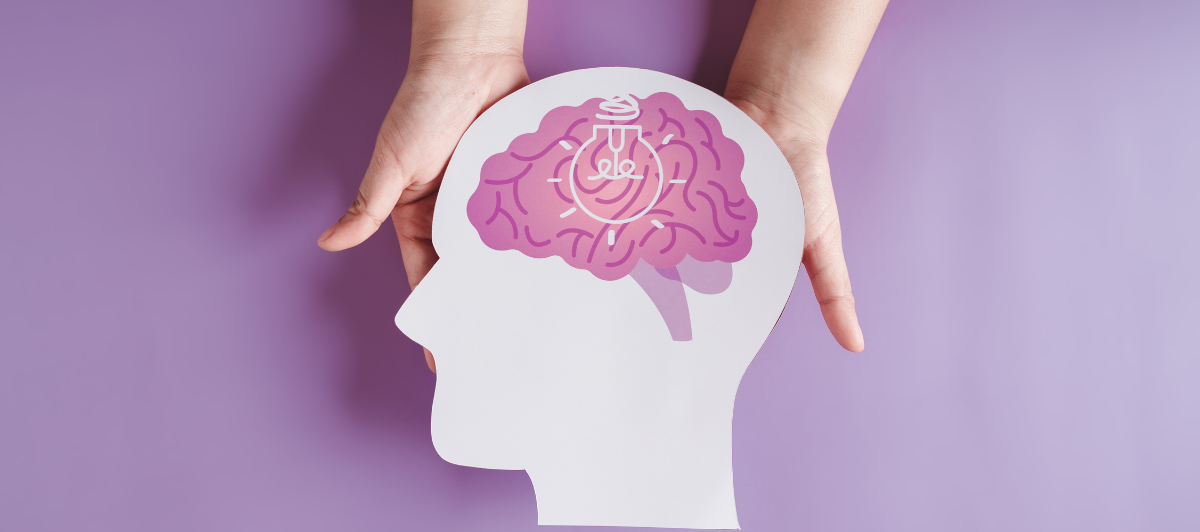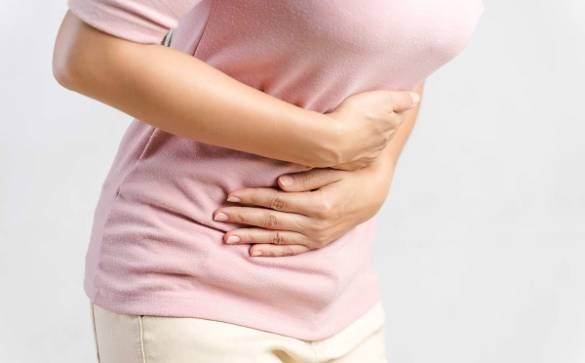Understanding and Alleviating Painful Menstrual Cramps: A Functional/Integrative Perspective
Living with Menstrual Cramps: A Daily Emotional Battle
Imagine waking up every month, bracing yourself for the onslaught of pain and discomfort that accompanies your menstrual cycle. From the moment you open your eyes, you feel a heaviness in your lower abdomen, aching as if your body is in a constant battle with itself.
The pain radiates through your back, thighs, and sometimes even to your head, making it difficult to concentrate or find any relief. It’s a rollercoaster of emotions, from frustration and anger to exhaustion and sadness. You don’t need to live with the relentless emotional and physical struggle of monthly menstrual cramps.
Demystifying Menstrual Cramps: Understanding the Body’s Response
Menstrual cramps, scientifically known as dysmenorrhea, are the result of the uterus contracting to shed its lining during menstruation. These contractions are triggered by the release of hormone-like substances called prostaglandins. While it’s normal to experience some level of discomfort during menstruation, severe or prolonged cramps can significantly impact daily life.
Co-symptoms that may accompany menstrual cramps can vary from person to person. Some individuals may experience bloating, breast tenderness, mood swings, headaches, and digestive disturbances. These additional symptoms can further exacerbate the emotional and physical toll of menstrual cramps.
Unveiling the Root Causes of Menstrual Cramps: Understanding the Underlying Factors
While menstrual cramps can vary in intensity and duration, they often have underlying functional root causes. Here are some common factors that contribute to menstrual cramps:
Hormonal Imbalances:
Fluctuations in estrogen and progesterone levels can lead to increased uterine contractions and heightened pain sensitivity. Prostaglandins, hormone-like compounds, can cause excessive inflammation and intensify cramps.
Inflammation:
Chronic inflammation in the body can aggravate menstrual cramps, making them more severe. Elevated levels of inflammatory markers can heighten pain perception and prolong discomfort.
Nutritional Deficiencies:
Inadequate intake of nutrients such as magnesium, omega-3 fatty acids, and vitamin E can disrupt muscle relaxation and increase cramp severity. Insufficient intake of B vitamins can impact the nervous system’s function and contribute to menstrual discomfort.
Stress and Emotional Well-being:
High levels of stress can amplify pain perception and intensify menstrual cramps. Emotional factors like anxiety and depression can further exacerbate the emotional toll and pain experienced during menstruation.
Pelvic Congestion:
Pelvic congestion or blockages can hinder blood flow, leading to increased pain and cramping.
Conditions like endometriosis, fibroids, or pelvic inflammatory disease can contribute to pelvic congestion and worsen menstrual cramps.
Easing the Discomfort: 10 Tips to Reduce Menstrual Cramps
Heat Therapy:
Applying a heating pad or warm compress to your lower abdomen can help relax the uterine muscles, alleviating cramps.
Dietary Modifications:
Increase your intake of anti-inflammatory foods such as leafy greens, fatty fish, and turmeric to reduce inflammation and pain. Incorporate foods rich in magnesium, like dark chocolate, nuts, and seeds, to promote muscle relaxation. Avoid processed and refined foods, added sugars, caffeine, alcohol and high sodium foods as they have been found to increase pain in many individuals.
Herbal Remedies:
Certain herbs like ginger, chamomile, and cramp bark can have anti-inflammatory and soothing effects on menstrual cramps. Herbal teas or supplements containing these herbs may provide relief.
Consult with a healthcare professional to determine appropriate dosage and suitability.
Stress Management:
Practice stress-reducing techniques such as deep breathing, meditation, or yoga to help relax the body and ease cramps. Engage in activities that bring joy and help you unwind, such as spending time in nature or pursuing hobbies.
Exercise and Movement:
Engage in regular physical activity, such as gentle aerobic exercises, to improve blood circulation and alleviate cramps. Yoga poses that target the pelvic area, like child’s pose or happy baby pose, can also provide relief.
Acupuncture:
Consider acupuncture as a complementary therapy to help regulate hormonal balance and reduce menstrual cramps.
Essential Oils:
Certain essential oils, like lavender, clary sage, and peppermint, can be used topically or in aromatherapy to alleviate cramps and promote relaxation.
Supplements:
Supplements such as omega-3 fatty acids, magnesium, and vitamin E may help reduce inflammation and ease menstrual cramps.
Consult with a healthcare professional to determine the right dosage and suitability for your specific needs.
Hydration:
Stay well-hydrated by drinking plenty of water to support overall body function and alleviate cramps.
Rest and Self-Care:
Prioritize rest and self-care during your menstrual period. Listen to your body’s needs and allow yourself time for relaxation and rejuvenation.
Conclusion
Living with painful menstrual cramps can have a significant impact on your physical and emotional well-being. By understanding the root causes of menstrual cramps and implementing natural remedies, you can take proactive steps towards finding relief. Remember, personalized guidance and support from a healthcare professional can provide valuable insights and tailored solutions for managing menstrual cramps.
Schedule an initial consultation now to receive personalized help for your menstrual cramp symptoms.
https://www.timetap.com/appts/Oq6yt0krJub/
Note: The information provided in this blog is not intended as a substitute for professional medical advice. Please consult with a qualified healthcare practitioner for personalized guidance and treatment options specific to your situation.




Join My Inner Circle
Thank you for joining our inner circle. Stay tuned for the latest news, research, and advice delivered straight to your inbox.
Please try again later.
Get the latest news, research, and advice delivered straight to your inbox.
Phone:
(732) 414-6223
Email: inna@realhealthsolutionsllc.com
Business Hours:
Monday & Wednesday: 11a-7p
Tuesday & Friday: 11a-3p
Thursday: 11a-5p










